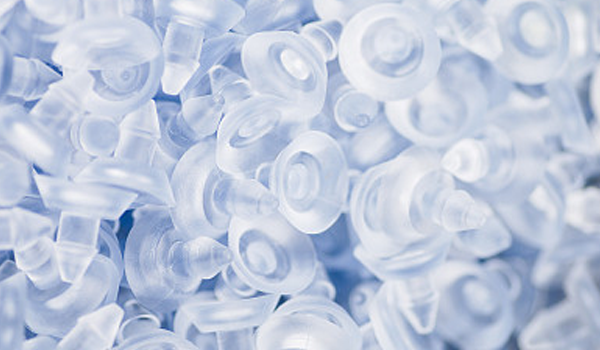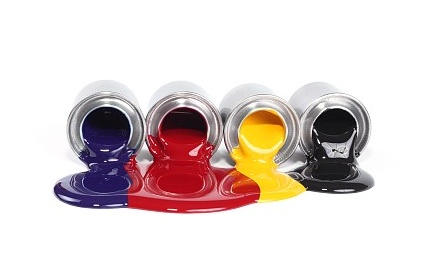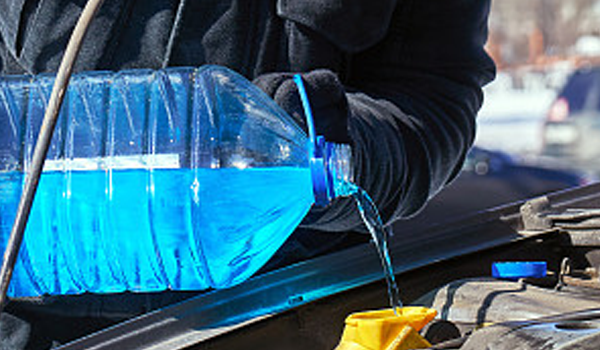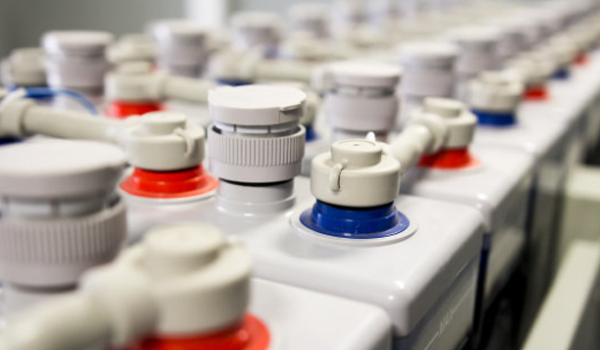
- English
- Español
- Português
- русский
- Français
- 日本語
- Deutsch
- tiếng Việt
- Italiano
- Nederlands
- ภาษาไทย
- Polski
- 한국어
- Svenska
- magyar
- Malay
- বাংলা ভাষার
- Dansk
- Suomi
- हिन्दी
- Pilipino
- Türkçe
- Gaeilge
- العربية
- Indonesia
- Norsk
- تمل
- český
- ελληνικά
- український
- Javanese
- فارسی
- தமிழ்
- తెలుగు
- नेपाली
- Burmese
- български
- ລາວ
- Latine
- Қазақша
- Euskal
- Azərbaycan
- Slovenský jazyk
- Македонски
- Lietuvos
- Eesti Keel
- Română
- Slovenski
- मराठी
- Srpski језик
what's the Recycled Ethylene Glycol (REG)?
2025-05-19
Recycled Ethylene Glycol (REG) is an aliphatic diol produced through our innovative and proprietary production process. The primary raw material for recycled ethylene glycol (REG) is recycled polyester chips, which significantly enhances resource recycling rates, promotes energy conservation and emission reduction, and effectively reduces carbon emissions.
Compared to traditional coal-based ethylene glycol production, recycled ethylene glycol (REG) offers a cost advantage and has been certified by Carbon Footprint assessments. recycled ethylene glycol (REG) can fully substitute for conventional ethylene glycol in all applications.
Common Applications of Recycled Ethylene Glycol:
Chemical Engineering Field
- Polyester Production: recycled ethylene glycol (REG) serves as a critical raw material for the production of polyester fibers, polyester films, and polyester bottle flakes. It is widely used in textiles (clothing, home textiles, industrial silk), packaging, electronics, and beverage containers (mineral water bottles, beverage bottles).
- Synthesis of Other Chemical Products: recycled ethylene glycol (REG) can be used to produce alkyd resins and glyoxal. Alkyd resins are applied in coatings, inks, and adhesives, while glyoxal is an important chemical raw material for pharmaceuticals, pesticides, and dyes.
Solvent Field
- Industrial Solvents: recycled ethylene glycol (REG)-based products such as ethylene glycol methyl ether series are high-performance organic solvents. They are utilized as solvents and thinners in printing inks, industrial cleaning
agents, coatings (nitrocellulose lacquer, varnish, enamel), copper-clad laminates, dyeing and printing processes, and more.
- Other Solvents: recycled ethylene glycol (REG) can also serve as a solvent for dyes and inks, as well as a wetting agent for cellophane, fibers, leather, and adhesives.
Anti-Freezing and Cooling Field
- Automotive Antifreeze: recycled ethylene glycol (REG) is a common antifreeze component in automobiles and industrial equipment. It effectively prevents freezing and damage in low-temperature environments. The freezing point varies with the concentration of recycled ethylene glycol (REG) in aqueous solutions. Below 60% concentration, the freezing point decreases as the concentration increases. However, above 60%, the freezing point rises with increasing concentration.
- Industrial Coolant: In addition to automotive antifreeze, recycled ethylene glycol (REG) is used for industrial cold energy transportation and is commonly referred to as a coolant. It can also function as a condensing agent similar to water.
Other Fields
- Lubricants: recycled ethylene glycol (REG) is widely used in lubricants to improve equipment operational efficiency and extend service life.
- Plasticizer:In the plastic industry, recycled ethylene glycol (REG) is used as a plasticizer to enhance plastic flexibility.
- Surfactant: recycled ethylene glycol (REG) is employed in surfactant production and is applicable in cleaning agents.
- Energy Storage Materials: recycled ethylene glycol (REG) can be used in the preparation of energy storage materials, such as flow batteries, offering new solutions for renewable energy storage and conversion.














